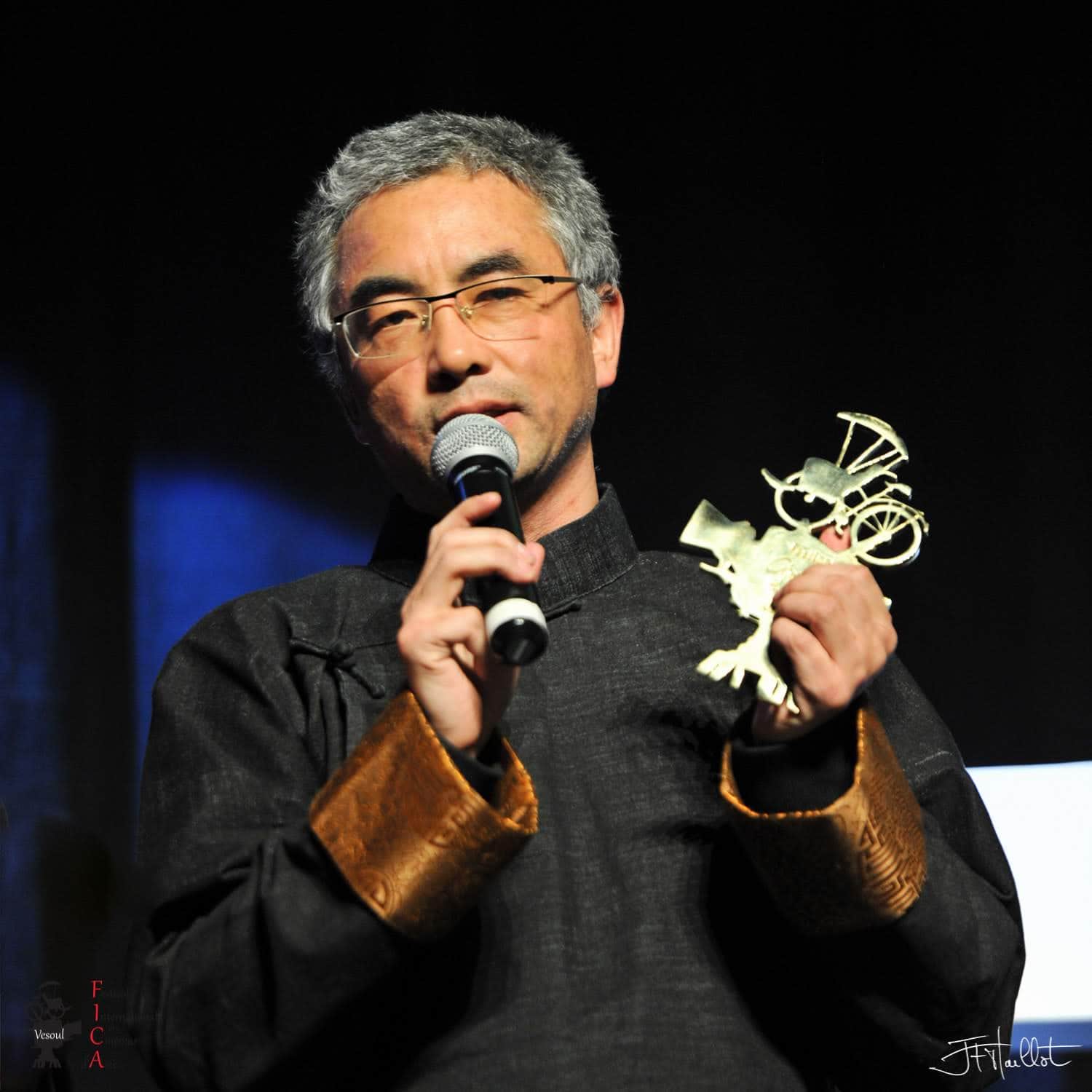by Upasana Dandona
“Bhaag Milkha Bhaag” (2013) and “Dangal” (2016) are both biographical films based on the lives of Indian sportspersons. However, while representing actual events, the two films — either directly or indirectly — highlight various themes about sports arenas in India being extremely gendered spaces. The most important of these become the strict creation and demarcation of the feminine and masculine binaries, something that goes on to shape the overall narratives of the films.
Check also this article
Even though nationalism, as a concept, remains central in both movies, something that comes in its way is the masculine ego of different sportspersons. In “Bhaag Milkha Bhaag”, this happens when the main character, Milkha Singh (Farhan Akhtar), who has all the abilities to win an international medal for his country, is roughed up by his fellow athletes as they fear competition. The personal victories of the assailants, thus, become more important than that of their nation. In “Dangal”, on the other hand, similar traces of egotism can be observed when the woman protagonist, Geeta Phogat's (Fatima Sana Shaikh) coach (Girish Kulkarni), locks her father (Aamir Khan) up in a room in order to receive all credits for her performance in the 2010 Commonwealth Games. The dispute, here, seems to be between the two men about who will ultimately be lauded for Geeta's achievement. It can also be clearly inferred that her coach is, indeed, willing to sacrifice national triumph just so that he can remain in the limelight.
Furthermore, the pride of the male protagonists becomes synonymous with national victory in the aforementioned international spaces. An example of this is found in Bhaag Milkha Bhaag when Milkha Singh repeatedly slaps himself while standing in front of a mirror after losing a match in Melbourne 1956 Olympics — a hypermasculine act to signify him feeling dishonoured. This scene is soon followed by one in which he approaches his coach and informs him about his wishes to break the world record in his field of sports. Singh's hurt feelings, in a way, overshadow the aspect of nationalism.
In Dangal, similarly, it is Mahavir Singh Phogat's stubbornness which compels his daughter, Geeta, to improve her performance and ultimately win a gold medal for their nation. Initially, he gives up on his dream of winning gold for his country after losing to her in their self-organised wrestling match. It is only when she apologizes to him that he starts dreaming of victory once again — perhaps because his daughter's admittance of her fault and failure helps him regain his self-pride. As Suraj Kumar Thube mentions, “It's the patriarch, the one who commands unquestionable obedience, who wins the battle against his ego.” Namrata Joshi writes something similar while stating, “I was left uneasy about the celebration of the supposed fall of patriarchy while letting the men actually still remain very much in control.” Both Thube and Joshi voice their discomfort about the patriarch being given the credit for Geeta Phogat's victory.
Check also this interview
Alongside the glorification of masculinity, the films also go on to criticize femininity by treating it as a mere distraction. For instance, Singh's inability to do well in the Melbourne Olympics is immediately blamed on an Australian coach's granddaughter, Stella (Rebecca Breeds). To begin with, Singh's infatuation with her stems from her being a stereotypically feminine young girl, quite unlike the other women sportspersons around him who have more androgynous appearances. His lack of dedication and focus is, thus, a result of his own preoccupation with Stella during a time when he ought to have been practicing and training for the Olympics. Later on in the film, when Singh is completely dedicated to his sport, he refuses to interact with a woman swimmer, Perizaad (Meesha Shafi), thereby limiting her identity to that of another obstruction to his success.
While “Dangal” does not reduce the identity of its women characters the way Bhaag Milkha Bhaag does, it certainly implies that feminine appearances can be a hindrance to their capabilities. This causes the patriarch, Mahavir Singh Phogat, to shave the heads of his daughters to ensure that they are no longer womanly. In this scene, it is femininity that, according to him, comes in the way of his nation triumphing internationally — something that is similar to a woman stopping Milkha Singh from winning an Olympic medal. In fact, Geeta's acceptance and embracement of her feminine traits — while being away from her father — worsen her wrestling skills. She is, thus, once again, compelled to defeminize her physical appearance by ridding herself of her long hair. Thube explains this when he points out that “Mahavir Phogat's patriarchal gaze is nothing but that of a panopticon…wherein he constantly keeps a track of what his daughters are up to.”
Since both films attempt to discuss the importance of discipline in the lives of sportspersons and end with the protagonists being rewarded in some way or the other, it is difficult to notice the flaws in the overly male-oriented methods of physical training brought out in them. Keeping that in mind, it might not be easy for the viewer to criticize the creation of strict gender binaries in Bhaag Milkha Bhaag and Dangal due to how much masculinity is celebrated in them. Moreover, with the inclusion of the theme of national pride in these films, nationalism becomes directly synonymous with masculinity. The question, thus, becomes that if masculinization is shown to benefit the protagonists in the film, do they have the abilities to become achievers without it?















